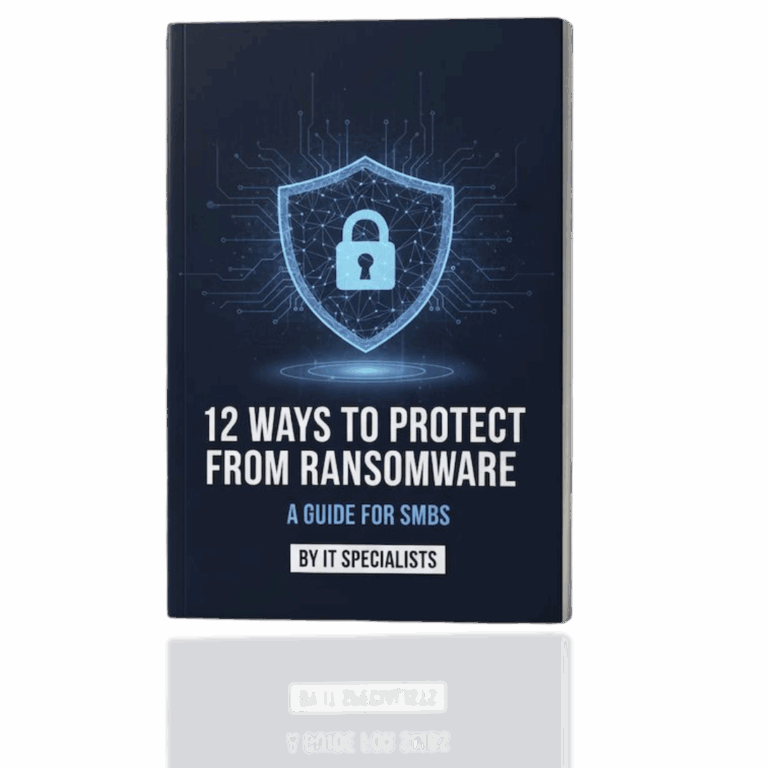The mass migration to cloud-based environments continues as organizations realize the inherent benefits. Cloud solutions are the technology darlings of today’s digital landscape. They offer a perfect marriage of innovative technology and organizational needs. However, it also raises significant compliance concerns for organizations. Compliance involves a complex combination of legal and technical requirements. Organizations that fail to meet these standards can face significant fines and increased regulatory scrutiny. With data privacy mandates such as HIPAA and PCI DSS in effect, businesses must carefully navigate an increasingly intricate compliance landscape.
Cloud Compliance
This is the process of adhering to laws and standards governing data protection, security, and privacy. This is not optional. Unlike traditional on-site systems, cloud environments present security issues due to geographic data distribution, making compliance more complex.
Compliance in the cloud typically involves:
- Securing data at rest and in transit
- Ensuring data residency
- Maintaining access controls and audit trails
- Demonstrating adherence to regular assessments
Shared Responsibility Model
One of the core concepts of cloud compliance is the Shared Responsibility Model. This outlines the compliance division between the cloud provider and the customer.
- Cloud Service Provider (CSP): They are responsible for cloud services and securing the infrastructure and network.
- Customer: They are responsible for securing access management, user configurations, and data.
Many organizations mistakenly believe that hiring a cloud service provider transfers compliance responsibility; this is not the case.
Compliance Regulations
Compliance varies from country to country. It is important to know where data resides and through which countries it passes to remain compliant.
General Data Protection Regulation (GDPR) – EU
Globally speaking, GDPR is one of the most comprehensive privacy laws. It applies to any organization processing EU citizens’ personal data, regardless of where the company is physically doing business.
Cloud-specific considerations:
- Ensuring data is stored in EU-compliant regions
- Enabling data subject rights
- Implementing strong encryption
- Maintaining breach notification protocols
Health Insurance Portability and Accountability Act (HIPAA) – US
HIPAA protects sensitive patient data in the United States. Cloud-based systems storing or transmitting this sensitive information (ePHI) have to abide by HIPAA standards.
Considerations for cloud storage:
- Using HIPAA-compliant cloud providers
- Signing Business Associate Agreements (BAAs)
- Encrypting ePHI in storage and transmission
- Implementing strict access logs and audit trails
Payment Card Industry Data Security Standard (PCI DSS)
For those organizations that process, store, or transmit credit card information, there is a set of compliance regulations they need to abide by. Cloud hosts must uphold the 12 core PCI DSS requirements.
Cloud-specific considerations:
- Tokenization and encryption of payment data
- Network segmentation in cloud environments
- Regular vulnerability scans and penetration testing
Federal Risk and Authorization Management Program (FedRAMP) – US
Providing a standardized set of protocols for federal agencies operating on cloud-based systems, providers are required to complete a rigorous assessment process.
Considerations:
- Mandatory for vendors working with U.S. government agencies
- Strict data handling, encryption, and physical security protocols
ISO/IEC 27001
This is an international standard for Information Security Management Systems (ISMS). It is widely recognized as the benchmark for cloud compliance.
Cloud considerations:
- Regular risk assessments
- Documented policies and procedures
- Comprehensive access control and incident response protocols
Maintaining Cloud Compliance
It is vital that organizations realize that cloud compliance is not merely checking items off a list. It requires thoughtful consideration and a great deal of planning. Operating from a proactive stance, the following are considered best practices to follow:
Audits
Compliance audits are an excellent way to determine and maintain compliance. Shortcomings are easily recognized and addressed to keep your infrastructure in compliance.
Robust Access Controls
By using the principle of least privilege (PoLP), organizations provide users with only enough access to reach the resources they need. Integrating multi-factor authentication (MFA) provides another layer of security and insulates your organizational data.
Data Encryption
Whether at rest or in transit, all data must use TLS and AES-256 protocols. These are industry standards and necessary for your organization to remain compliant.
Comprehensive Monitoring
Audit logs and real-time monitoring provide alerts to aid in compliance adherence and response.
Ensure Data Residency
No matter where your data is physically stored, there are jurisdictional requirements that need to be addressed. Ensure that your data center complies with any associated laws for the region.
Train Employees
Regardless of how robust your organization’s security is, all it takes is a single click by a single user to create a ripple effect across your digital landscape. Providing proper training can help users adopt use policies that can help protect your digital assets and remain compliant.
The State of Compliance
As your organization grows and adopts cloud-based systems, the need to maintain compliance responsibly becomes increasingly important. If you’re ready to strengthen your cloud compliance, contact us for expert guidance and resources. Gain actionable insights from seasoned IT professionals who help businesses navigate compliance challenges, reduce risk, and succeed in the ever-evolving digital landscape.
—
This Article has been Republished with Permission from The Technology Press.




